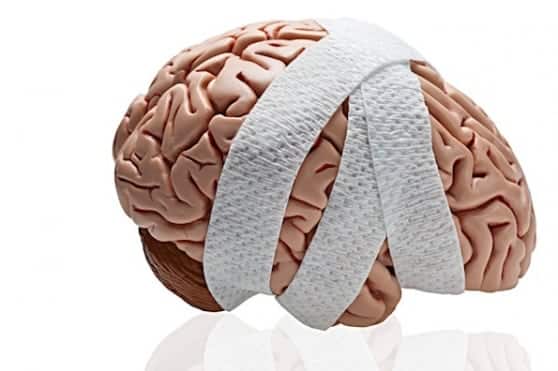
Results of two recent studies imply that progesterone does not help patients recover from a traumatic brain injury ─ although prior findings concluded the hormone was an effective treatment method.
The findings from the studies are published in the latest issue of The New England Journal of Medicine. Both studies compared the difference between administering progesterone or a placebo to patients who had suffered a serious head trauma or brain injury.
Researchers opted to investigate the effectiveness of progesterone, after early phase experimental studies concluded the drug may increase the neurologic outcome of patients who experience a traumatic brain injury.
In the first study, the research team gave progesterone or a placebo to roughly 900 patients within four hours after experiencing a traumatic brain injury. They administered the progesterone for 96 total hours.
The team found that early administration of progesterone did not help patients recover from their injury. In fact, they opted to end the double-blind trial early, because the desired outcome was not achieved and the hormone was causing more side effects than patients in the placebo group experienced. These included phlebitis ─ an inflammation of the arm veins or legs and thrombophlebitis ─ inflammation of veins caused by blood clots.
Most of the patients were men who had suffered a traumatic brain injury after being involved in a motor vehicle accident. Research published earlier in 2014 suggested men took one month longer to recover from a traumatic brain injury than women.
Second study brings same results
Researchers in the second study also examined the early administration of the hormone to patients who suffered a traumatic brain injury. The research team administered the progesterone or placebo to nearly 1,200 patients within eight hours of their injury and continued for a total of 120 hours. The patients ranged from 16 to 70 years of ages, with at least one reactive pupil and a Glasgow Coma Scale score of 8 or less.
Results concluded that the hormone was not an effective way to treat a traumatic brain injury. Patients with a favorable outcome were nearly identical for the progesterone and placebo groups ─ with 50.4 in the former and 50.5 in the latter.
Although researchers hoped mortality rates would be lower in the progesterone group, they were similar in both groups.
Ultimately, both studies concluded that progesterone did not have a positive impact on patients with a traumatic brain injury.
Maine traumatic brain injury attorneys
Brain injuries are so complex and hard to diagnose that they’re often not immediately obvious to anyone ─ including health care providers. These complications commonly surface weeks after an injury, when victims have trouble completing tasks that were once considered mundane.
The Maine traumatic brain injury attorneys at Hardy, Wolf & Downing have decades of experience fighting for the rights of those who have suffered head trauma. We can prove injuries of this nature occurred weeks or even months after the accident that caused them took place.
If you suspect that you or a loved one has suffered a serious head injury, contact a Maine brain injury lawyer at Hardy, Wolf & Downing at 1-800-INJURED to schedule a free consultation.

